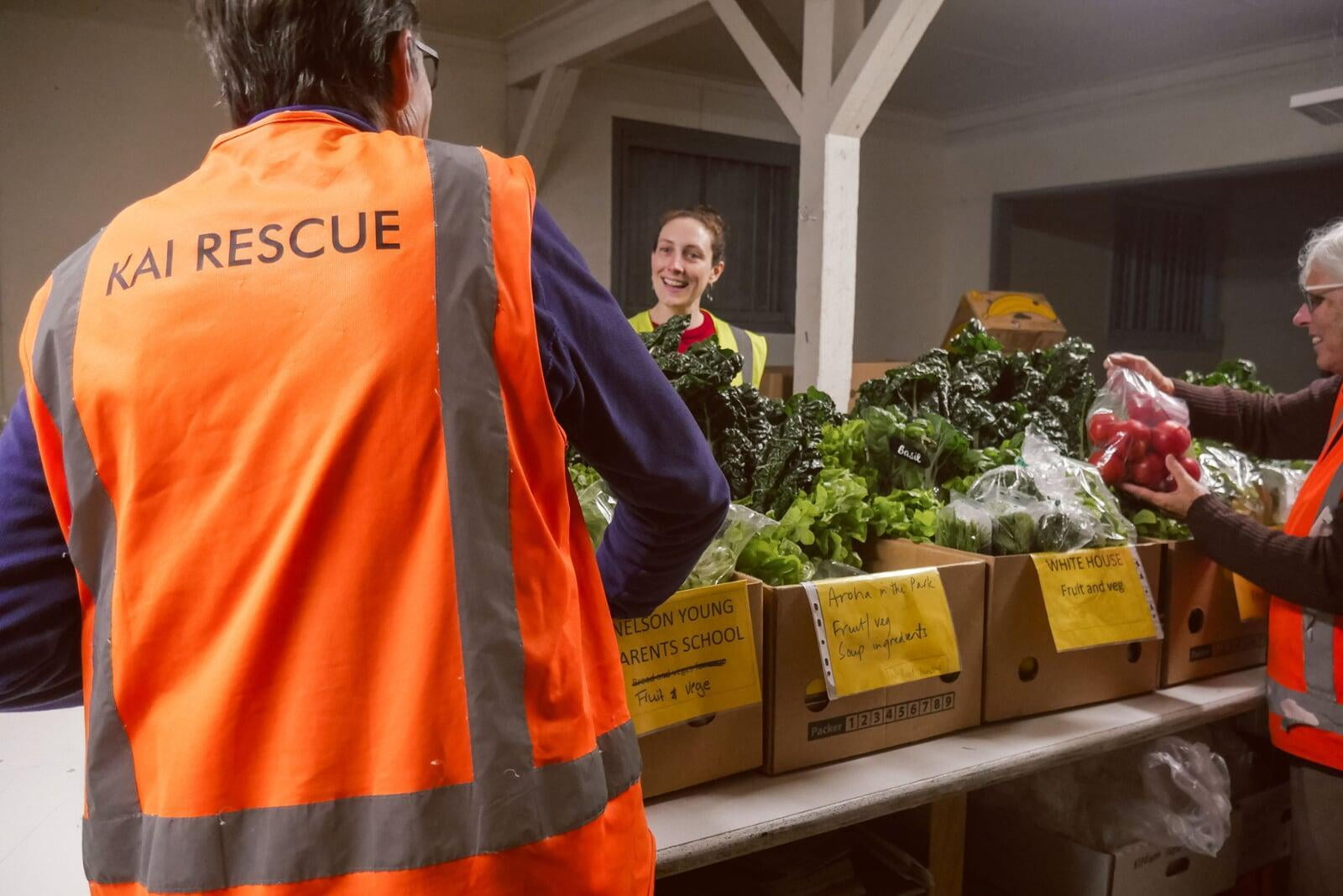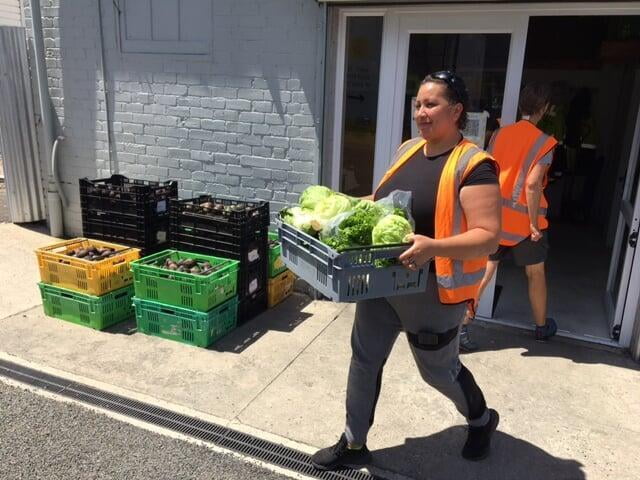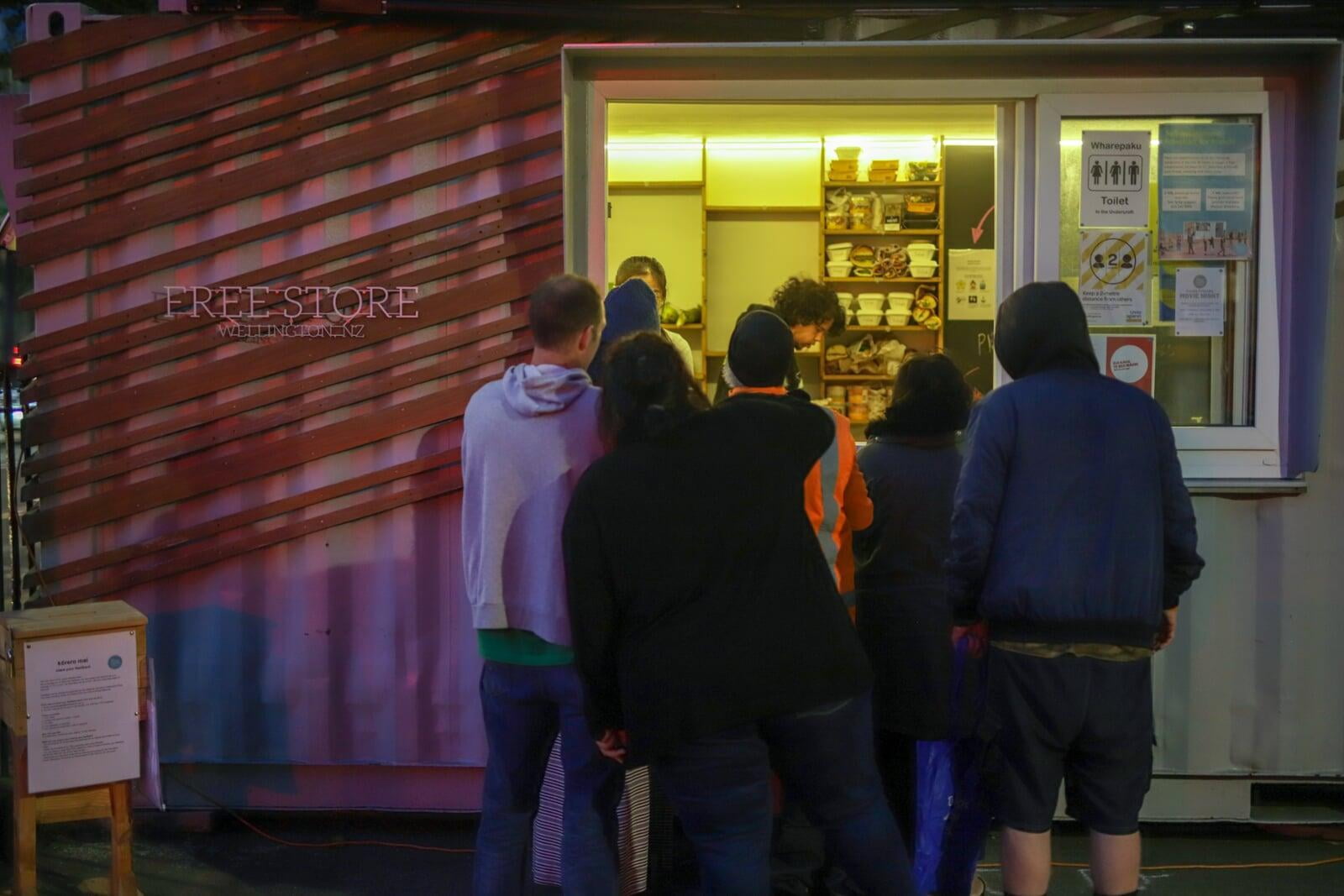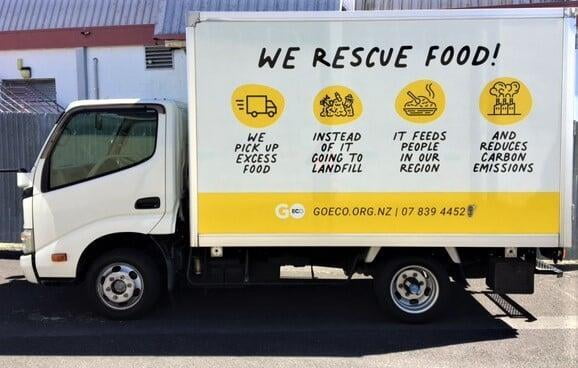Food rescue organisations were out in force following Cyclone Gabrielle. Iain Lees-Galloway tells us why food rescuers are so valuable, both in emergencies and in peace times.
Fires, floods, earthquakes, droughts and even a global pandemic - Aotearoa has seen it all in the last decade. The devastation wrought by cyclones Hale and Gabrielle tells us that climate change is real, it’s here, and we urgently need to respond, adapt, and mitigate its impact.
Food rescue organisations help us do all that and make our communities more resilient.

Food rescuers collect good, nutritious food that won’t be sold and would otherwise go to landfill. Then they distribute it to people experiencing food insecurity. Food rescue takes an environmental problem - food waste - and turns it into a social solution - food relief.
In recent weeks, the value of food rescue has been on clear display with the likes of KiwiHarvest and FairFood getting food out of Auckland’s flooded supermarkets and into community organisations that deliver it to people in need. Meanwhile, Gizzy Kai Rescue and Hawke’s Bay’s Nourished for Nil have used their resources and networks to get food to people impacted by the devastating weather.
The impact of food rescue in emergencies is clear. But what about during ‘normal times’, whatever those are these days?
Last year, the Aotearoa Food Rescue Alliance and Otago University published a Social Return on Investment (SROI) report demonstrating that for every $1 invested in food rescue, $4.50 of social value is generated. The research, led by PhD candidate Grace Clare, was accredited by Social Value International. One of their principles is “don’t overclaim.” The research focussed only on what was genuinely measurable and was conservative in its findings.

The study confirmed that food rescue has a positive impact for four key groups:
1. food businesses,
2. food rescue volunteers,
3. recipient organisations, and
4. food recipients.
Food businesses benefit in multiple ways. Increased awareness of food waste helps to change internal practices, reducing unnecessary surplus and waste. Waste disposal costs are reduced. Their reputation is enhanced from doing social good. Their impact on the environment, especially carbon emissions, is reduced.
Volunteers enjoy considerable wellbeing benefits from increased social interaction, the satisfaction of helping others, and contributing to an environmental solution.
Recipient organisations, for example foodbanks and schools, benefit from increased organisational capacity through access to free food.
Food recipients gain from increased connection to social services, for which food is often a gateway, and access to a greater variety of food. That last point is key. Food rescue is often the way that fresh food such as fruit, vegetables, meat and dairy get into food relief parcels. Foodbanks naturally rely on non-perishable packaged food to maintain their stocks. Food rescue organisations add fresh, nutritious food to the food parcels and significantly improves their quality, positively impacting recipients’ health and wellbeing.

Food rescuers are first responders. They step in to save food from going to waste and make it available to meet urgent needs. Work must continue to reduce surplus and waste in our food production and retail systems. Likewise, we need to do a lot more to improve food security for everyone in Aotearoa. Food rescue organisations celebrate when their partners find new ways to prevent unnecessary surplus and when people no longer need food relief. But events happen every day that generate unexpected surplus and put people in unexpected need. Food rescuers are there to respond.
Every $1 that goes into food rescue delivers $4.50 worth of social and environmental impact. That's an incredible return on investment for central and local government, philanthropic trusts and individuals, and corporate sponsors. With more resources food rescue organisations could work with even more partners and rescue more food that is still needlessly going to waste.
Let’s back our food rescuers.


